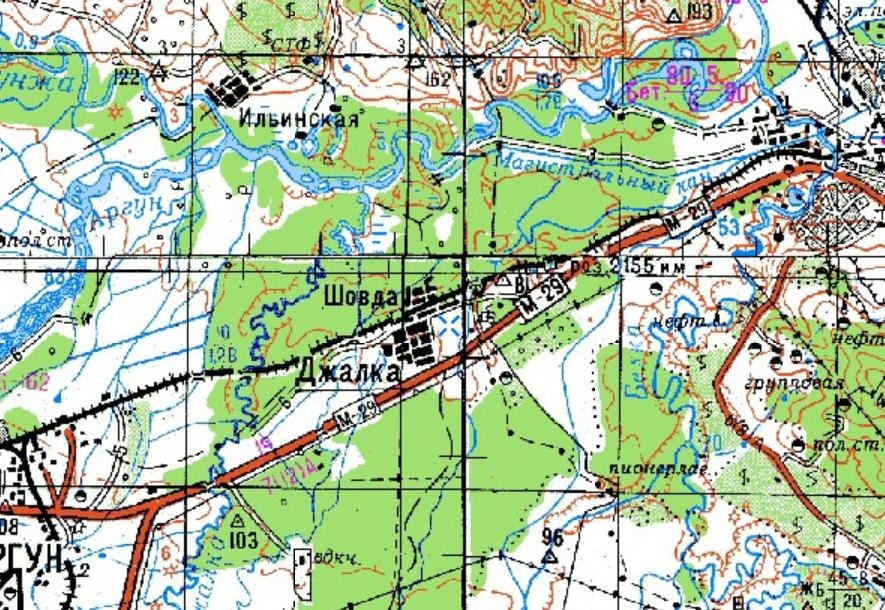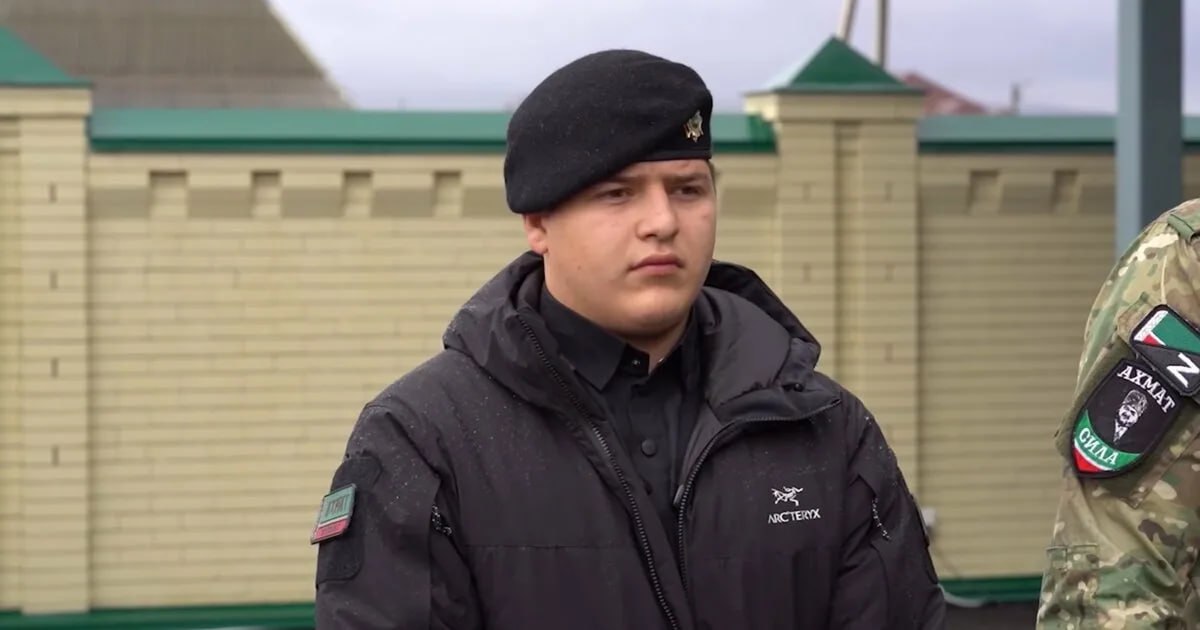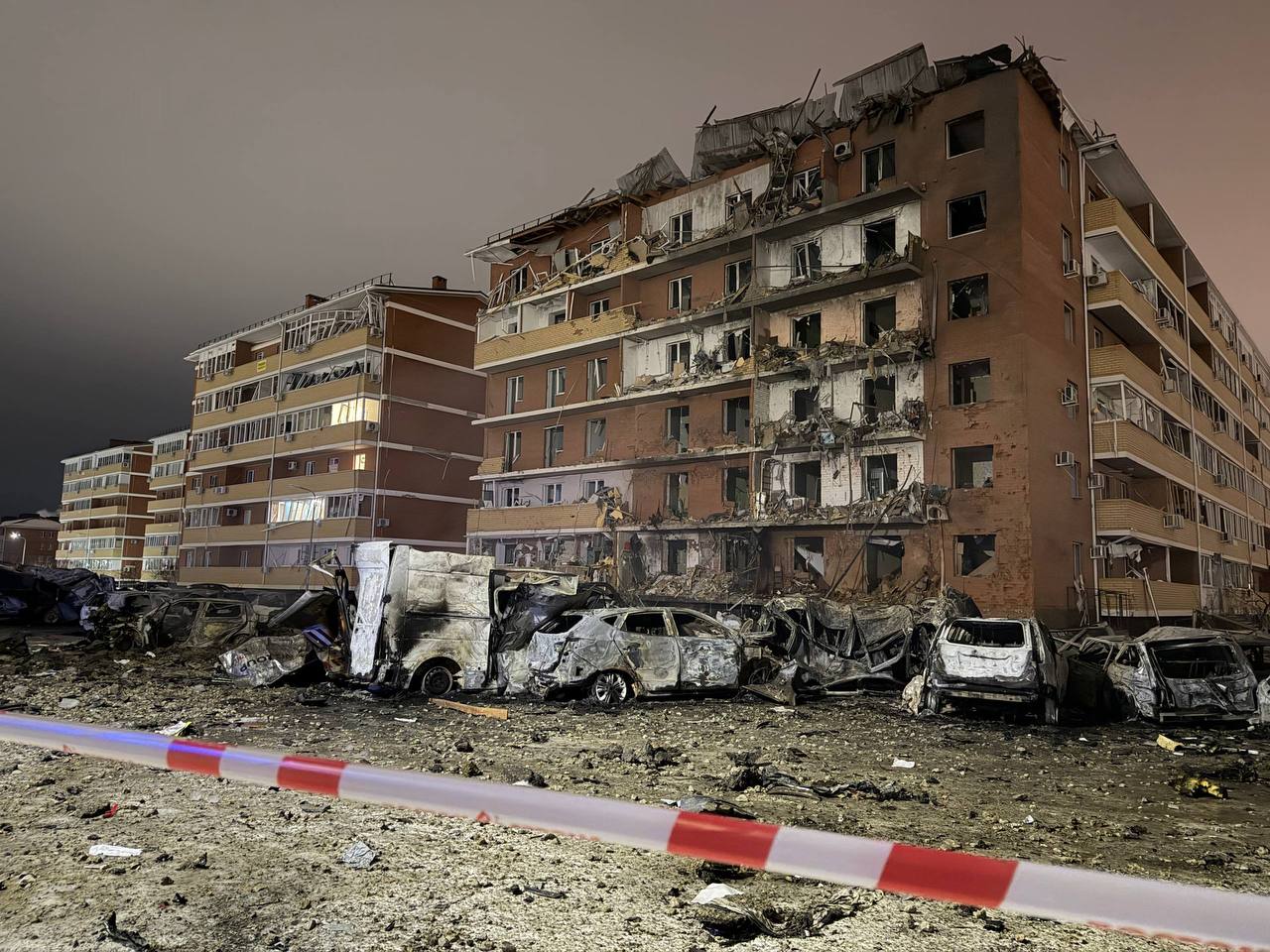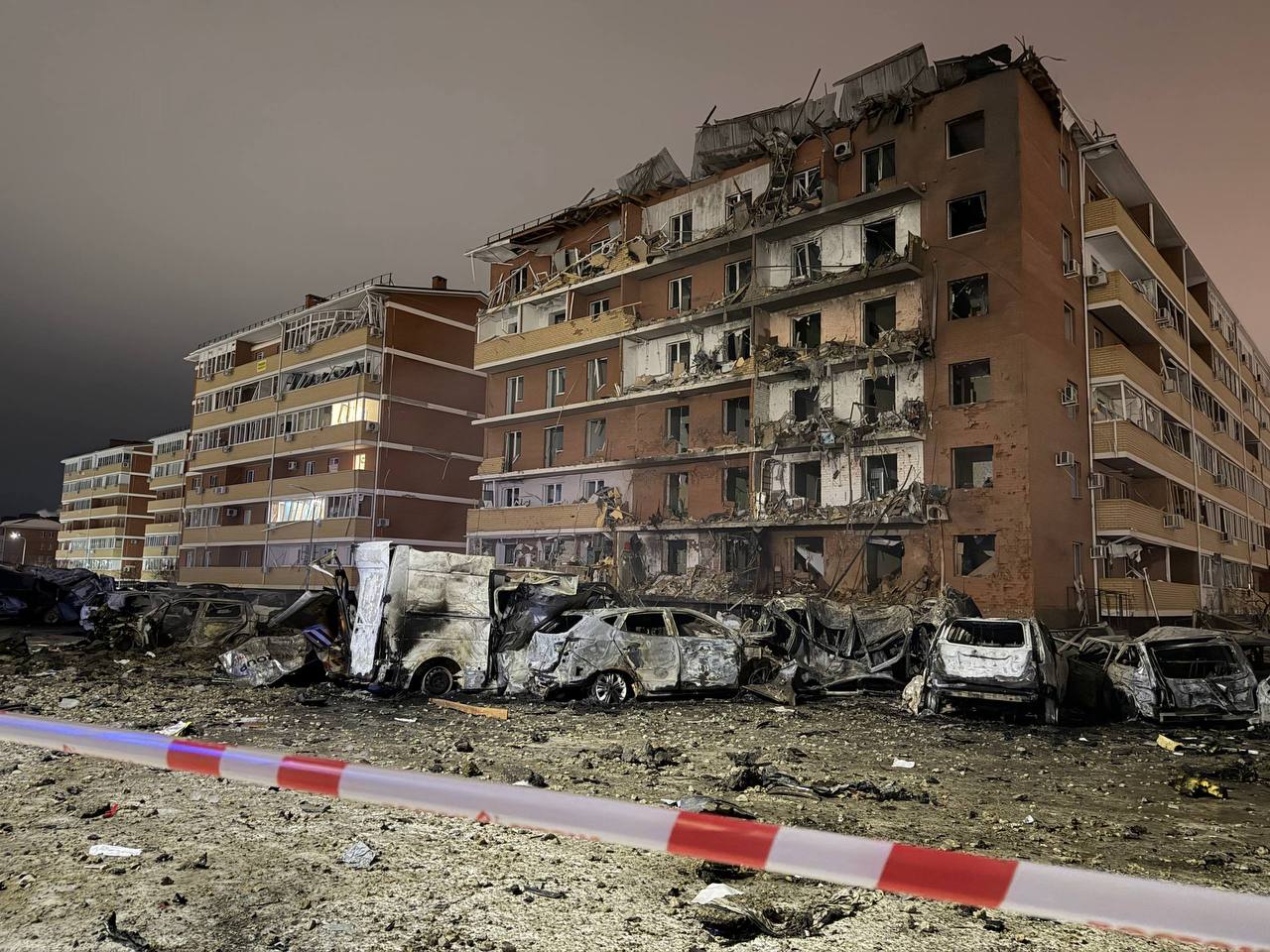The health of Adam Kadyrov, the son of Chechen leader Adam Kadyrov, who was injured in a traffic accident in Grozny, is improving, according to the Agency, citing sources close to the Russian presidential administration and the Chechen authorities.

November 6, 2001
***
At about 2.00-2.10 o'clock in the morning in the village of Dzhalka, the Russian military, who arrived in an armored personnel carrier and a blue Gazelle car, took away Arbi Imalievich Tashaev, born in 1976, from house No. 9 on Zarechnaya Street. According to some reports, during his arrest he was seriously wounded in the head and shoulder.
The military did not introduce themselves, did not explain where they were going to take the man they had captured, insulted his family members, and beat him himself. The ethnicity of the kidnappers was Russian; they spoke only Russian without an accent. Taking the young man with them, they left in an unknown direction.
On the same day, Arbi Tashaev’s relatives contacted the district prosecutor’s office and also organized their own searches. They turned to employees of the permanent and temporary police departments and the FSB department of the district. On November 7, one of the VOVD employees reported that they were allegedly looking for him themselves, suspecting him of preparing and carrying out terrorist acts. He said that relatives “will be officially notified” as soon as the whereabouts of the “missing person” are established.
Arbi Tashaev’s mother, Esita, did not believe the policeman’s words. It was in the building of the VOVD that on May 17, 2001, her eldest son, 27-year-old Turpal-Ali, died, unable to bear torture. His corpse with signs of violent death was found in the morgue of the central hospital in Makhachkala. The official version of his death is a heart attack. And in this case, the police officers claimed that they did not have this person in the temporary detention facility and that they had nothing to do with his detention.
Five days later, Arbi Tashaev “showed up.” It turned out that he was being held in the department of the Federal Security Service of the Russian Federation for the Chechen Republic in Gudermes. According to lawyer Markha Baisaluyeva, he is in serious condition. After treatment, he was transported first to the pre-trial detention center in Chernokozovo, and from there to Stavropol.
His relatives also turned to the Memorial Human Rights Center with a request for assistance in the legal defense of Arbi Tashaev. On January 29, 2002, human rights activists sent a letter (out. 30/02) to the prosecutor of the Chechen Republic, Vsevolod Chernov, and to the prosecutor’s office of the Gudermes district.
On June 14, 2002, in the Stavropol Regional Court, Arbi Tashaev was sentenced to 13 years in a maximum security colony under Art. 205 (terrorist act), 222 (illegal acquisition, transfer, sale, storage, transportation or carrying of weapons, their main parts, ammunition, explosives and explosive devices) and 317 (attack on the life of a law enforcement officer) of the Criminal Code of the Russian Federation. The charge under Article 208 (organization of an illegal armed group or participation in it) of the Criminal Code of the Russian Federation was dropped during the trial. There was no consideration of the case in the cassation instance.
Relatives were allowed to attend court hearings. However, after the verdict was announced, for more than two and a half years they could not determine where exactly Arbi Tashaev was serving his sentence. They conducted a search, during which it turned out that he was sent in a convoy to one of the northern regions of Russia. Subsequently, he was transferred to a colony in the city of Bezhetsk, Tver region. Yesita Tashayeva, with the assistance of ICRC staff, went to see him, but she was given only four hours to meet. The son said that he was constantly kept in a cell-type room (PKT). In another way - in a punishment cell. And not because he violated the regime, but the camp leadership, according to him, hated the Chechens.
***
On the eastern outskirts of Urus-Martan, local resident Adam Ismailovich Bersanov, born in 1989, living at the address: Nuradilov St., 23, was blown up by a mine.
On this day, he grazed cattle in the gardens of the Michurin state farm. They are separated from the city by a forest belt and a small ravine, into which water from an irrigation canal sometimes flows. Local residents built a bridge across the ravine. They usually walked along it to the garden.
Adam Bersanov walked across the bridge and stepped on a board that lay in his path. It turned out that an anti-personnel mine had been planted under it. As a result of the explosion, the young man received multiple injuries to his face, upper and lower extremities. His bones are crushed and broken. The victim was taken to the Urus-Martan regional hospital and operated on. Due to the large number of wounds, it was impossible to remove his clothes; they had to be cut with scissors.
***
A badly decomposed corpse of a man was found in the forest near the village of Dzhalka. The deceased was wearing a knitted striped T-shirt and black jeans, on the pocket of which two letters “I” were written with a felt-tip pen. There were warm underwear under the jeans, and two pairs of socks on the feet.
This is not the first corpse discovered near Jalka. In September 2000, in the vicinity of this village, the corpses of three local residents were found, in January 2001, the corpse of a 50-year-old watchman from the city of Gudermes, in June of the same year, two corpses of presumably residents of neighboring Argun, and finally, in early September – the remains of a buried unknown man. Local residents were unable to identify the corpse found on November 6.
From the book “People Live Here”, Usam Baysaev, Dmitry Grushkin, 2006.



